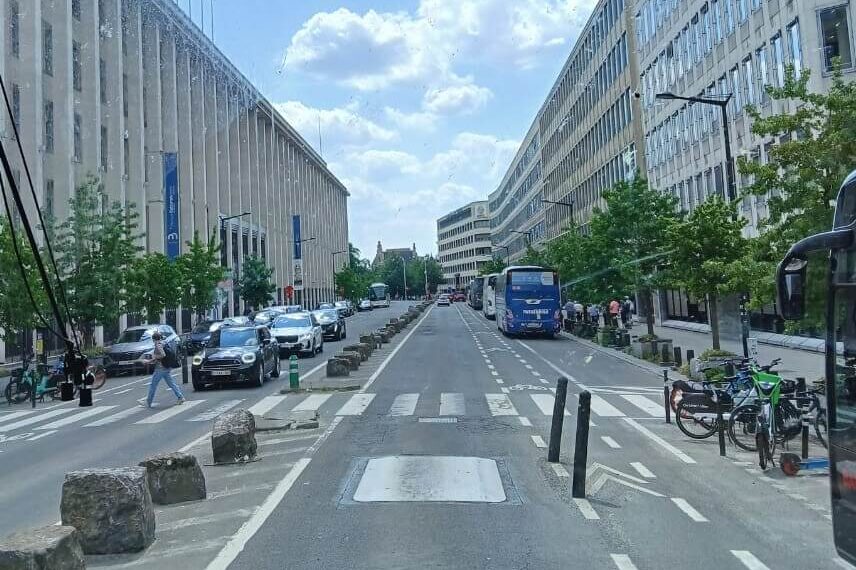Dr Roopali finds that we, in India, are less sensitive than we should be with people with disabilities. The experiences in the US and other western countries were positive – an exclusive for Different Truths.
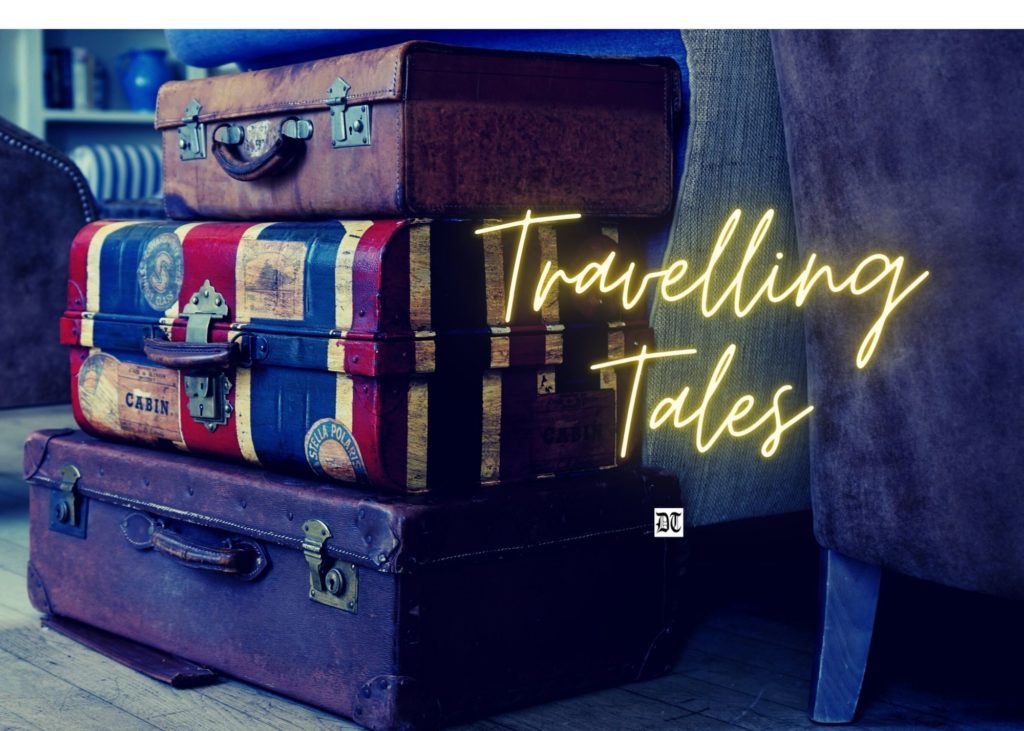
The Amtrak Train from Washington, D.C., to Trenton, New Jersey, was chock-a-block full. Christmas revellers were returning home or visiting and vacationing. This was the year before Covid-19 struck and stopped all trains in their tracks.
Surprisingly, there is something antiquated about some Amtrak trains. The steps are steep like they used to be in those old steam engine-driven ones. And on the face of it, they don’t appear to be adapted for elderly or people with disabilities.
“Oh, dear heavens! How on earth was I going to climb down the steep steps to get off the train at Trenton,” I panicked! It was going to be a five-minute stop.
The front rows in all train coaches are meant for people with disabilites …
The front rows in all train coaches are meant for people with disabilities. Life has been less agile since I flew off like Icarus and broke up in some critical places. The many titanium screws, which have so kindly kept me together, make me feel like the Terminator!
I had a magic wand, however — an orthopaedic stick. In the United States, my experience found cars slowing down to let me cross a busy street. People held the doors open and let me enter first.
The best table in the restaurant, the best seats in movie halls, upgraded to the first person in any queue, special car parking, helping hands, special washrooms everywhere, wheelchairs wheeling you right in… Special attention for a particular person!
The smartly uniformed train conductor assured me several times that there would help waiting for me. A trolley would take my luggage and me to the station exit! I was overwhelmed.
I was pushed, shoved, or stared at back home in India.
I was pushed, shoved, or stared at back home in India. Physical disability is abhorred in Indian society. It’s seen as the result of karma. Punishment for our deeds. Something we must suffer. We are paying for our sins.
Anybody and everybody are ready to help you suffer more actively. This way, your journey to your next janma/birth will be trouble-free. The challenges of the environment, the lack of infrastructure, and societal discourtesy add to ensuring a trouble-free journey into the next life.
While not perfect, I noticed that western countries had overcome apathy toward persons with special needs. Official rules and laws remain watchful, and the new cry for diversity, inclusivity, equity, and access, includes people with disabilities.
In the United States, the Americans with Disabilities Act (ADA) was passed as recently as 1990. This is a law that protects people with disabilities from discrimination. Disability rights are civil rights. From voting to parking, the ADA is a law that protects people with disabilities in many areas of public life.
Meanwhile, in India, the Rights of People with Disabilities Act became operational in 2017. It is meant to provide equal opportunities for the protection of rights and full participation in society by persons with disabilities.
Recently, the term “viklang” … has been officially replaced with “divyang.”
Recently, the term “viklang,” meaning “those with a non-functioning body part”, has been formally replaced with “divyang”, meaning “those with a divine body part.” The public discourse is in full swing.
Anyway, I settled down comfortably in my seat. The conductor came by and reassured me I would be just fine. Now, I felt sheepish about the attention I was receiving.
Amtrak trains travelling the Northeast Corridor of the United States between Washington, D.C. and Boston, Massachusetts, are modern inside. I was comfortable in my reclining seat. Trenton was about two and a half hours away.
And then, they wheeled in a special wheelchair and parked it right in front of me. The wheelchair user facing me was a gentleman who could not move.
His head hung loose. His hands could barely hold his wallet. He was trying very hard to pull it out from a pouch in the wheelchair. After much testing, he lisped a call for assistance. He was trying to be jocular about it. I understood that.
I was quick to help.
Nearly two hours passed. We had been through the states of Maryland and Delaware as we made our way into Pennsylvania and then onward to New Jersey.
There was a lift at the door to take the wheelchair user out and down.
Just as I began worrying about how he would get me off the train, the conductor returned. There was a lift at the door to take the wheelchair user out and down. I could use the same charge, he assured me.
We rolled into Philadelphia, and I saw the conductor leave. I was quick to panic! Later, I realised it was not just his niceness or charitable personality. He was a trained Amtrak employee. He handed over all his tasks and ensured my care before ending his shift for the day.
Soon we began to see the skyline of Trenton – the capital of New Jersey. It is a historic city that became New Jersey’s capital in 1790.
Here, the train waited longer than its scheduled five minutes. The nearest door would not open. Everybody made a beeline for the door down the aisle, dragging their luggage.
Panic seemed to be my dominant emotion. I, too, took off after them, abandoning my co-passenger in the wheelchair. I had no idea the closest door was designated to open specially for him, and by association, for me. And that there would be helpers waiting. No wonder everyone else had been instructed to use a different door!
I tried climbing down the stairs I was dreading.
I tried climbing down the stairs I was dreading. Strong hands reached out to help me. I was allowed into a waiting golf cart. I looked back at the other train door. It was open, the platform lift was humming like clockwork, and the gentleman who couldn’t move any part of his body was gently brought down.
There was no friend, relative, or caregiver in sight.
I was being whisked away and could not witness any more amazing ability or official courtesy. I craned my neck in vain.
Another time, aboard a 3,000-passenger cruise ship in California, I was among many people with disabilities. I got wheeled in and out by chirpy humorous “pushers”—most of them passed their prime themselves.
I watched with surprise and delighted the mobile scooters, walkers with seats, and self-propelled wheelchairs, affording their users great independence. Age was not a deterrent…nor was any physical inability. We saw a few dogs, too. They were companions and caregivers.
Some travellers dragged their oxygen equipment with them everywhere they went.
Some travellers dragged their oxygen equipment with them everywhere they went. They inspired me. I had to stop moaning and groaning and feeling sorry for myself.
I have travelled much over the years since my Icarus fall. Much of it has been possible because of the many courtesies and facilities made mandatorily available to people with disabilities.
“Ma’am, you should try the Delhi Metro!” My visually impaired and students with orthopedically disability advised me excitedly. I am told the Delhi metro provides facilities, courtesies, and special concessions.
Official initiatives in India to enhance infrastructure, awareness, and inclusion are slowly bringing respite. But these are not extended to the general public.
Young girls and boys with disabilities travel from far-flung village schools to city universities for higher education and employment. These are significant journeys as mandatory equal opportunities come within reach.
It has been such a long, amazingly able journey for so many of us.
Picture design by Anumita Roy

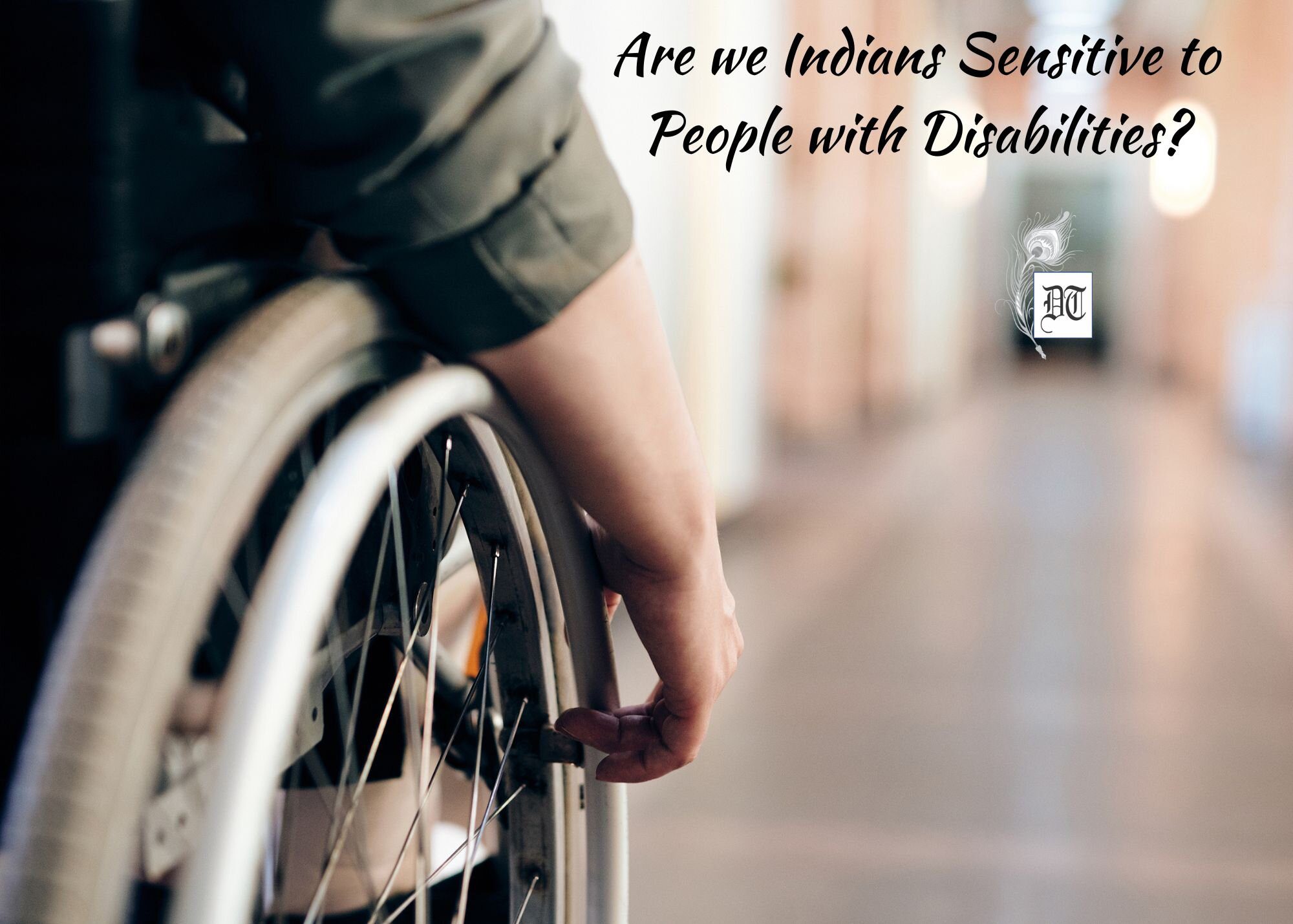



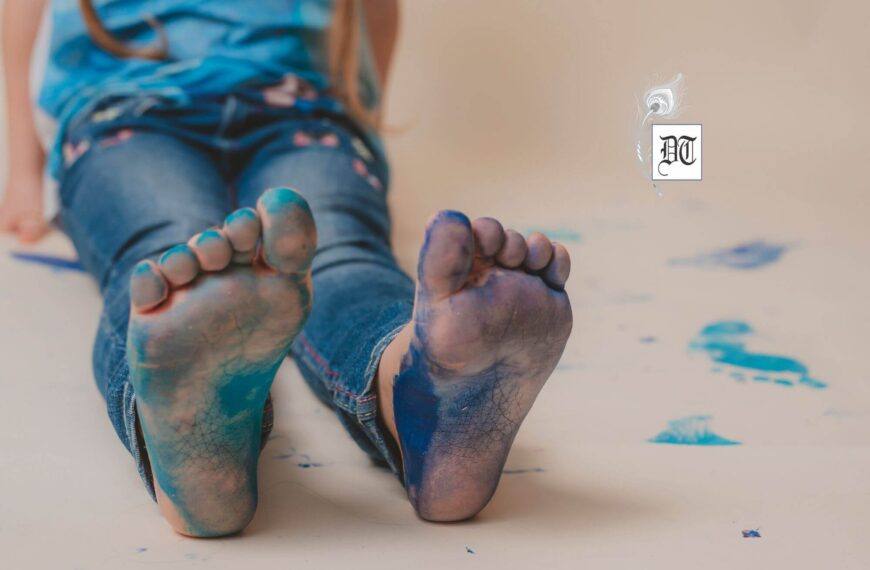
 By
By
 By
By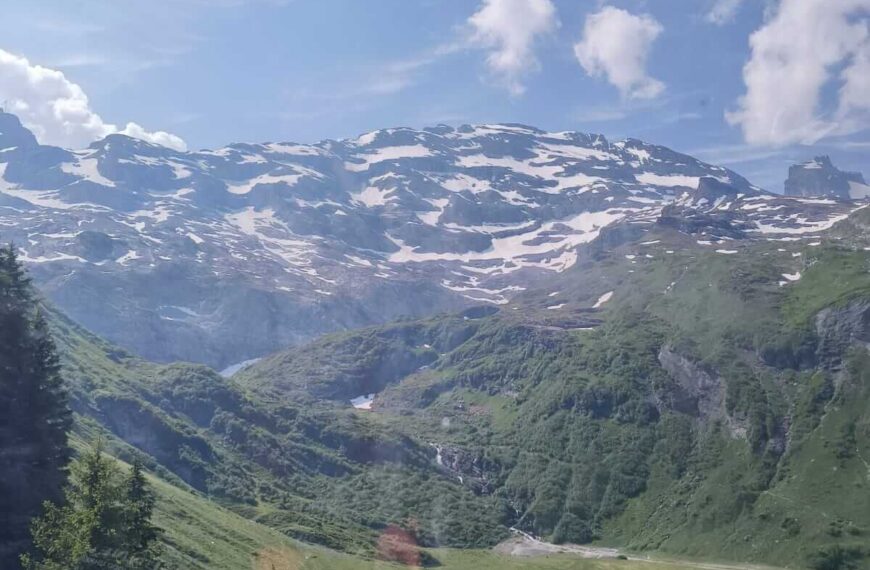
 By
By